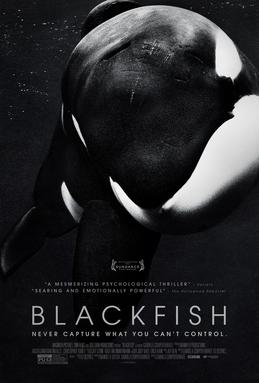Better, faster, smaller:
Camera technology is developing rapidly, and the emphasis
has long been better quality cameras in smaller packages. This is particularly
important to documentary filmmakers, where mobility is key. In the past
documentary makers and video journalists have often been forced to compromise
quality for mobility, or vice versa. However, the rise of “run n’ gun” cinema
cameras in recent years has changed the game, particularly with high budget
documentary filmmakers who now use digital cameras. There are also speculations
that Canon have set a goal of having 8K for all their DSLRs by 2017. Not only
will this lead to more cinematic-style documentaries in future, but may also
help produce films that are more intimate, unobtrusive and vivid.
Rise of the Drones
The “must-have” toy for independent filmmakers. Commercial
Drones, Quadcopters, UAVs, whatever you want to call them, are fast becoming
part of the documentary filmmaker’s inventory. Almost 9% of our “cost of docs”
survey respondents said they had used drone footage in their latest
documentary, and this looks set to increase with latest estimates predicting
the value of the small drone market to hit $10bn by 2020.
Virtual Reality
Documentary can often be interrupted as seeing something
through the filmmaker's eyes, the future could be literal seeing through their
eyes which will give a closer connection with the audience. While on the
filmmakers side its means that they have to rewrite themselves to make vr work
and film in vr as well, while work has not be scheduled its safe to guess
that's the next big milestone in not only
documentary making but filmmaking as a whole.
So that is three possible ways for the future of
documentaries, while their isn't large information out there i feel that this
is at least an understanding of what could happen




